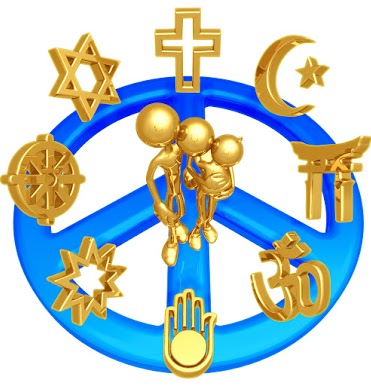BDDS314 RELIGION AND DEVELOPMENT
Course start date: 30 Aug 2019
Does religion prevent or advance development? The module answers this question by building the understanding that religion has a strong contribution to both physical and spiritual development of the individuals and society. It focuses on religious institutions, movements, religious practices and faiths to show ways in which religion interacts with and influences political, economic and social development. The course seeks to highlight the link between religion and development, particularly in the African context. Religion has always been at the core of development since time immemorial. Religion renders human-beings frameworks that determine how they understand the world, and thus religion plays a vital role in creating the basic guidelines and values, that in the end structure the discourses on development and its practice. In many developing countries religion is an important shaper of the political space and decisions. In the different societies, religion plays a big part in forming identity and values that influence human beings in many significant ways in their quest for development. In many respects religion may be perceived as a positive facilitator of development and in other areas it has been, on the contrary, perceived as an unnecessary deterrent to social change and to development. This important realization will be a point of reflection and discussion in the course. In this course, particular attention will also be paid to the impact of non-African religions on the continent?s development.
- Enrolled students: 38
